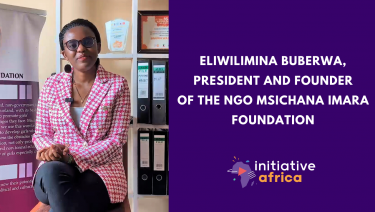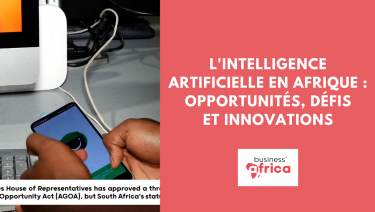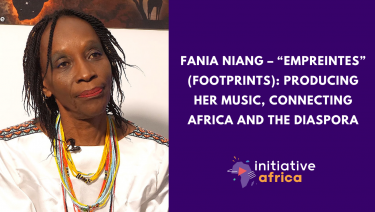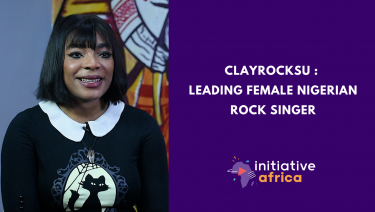• Eric Armel N’Doumba, President of the African Centre for Research in artificial intelligence
• Africa embracing the opportunities of AI and Big Data
• The transhumance of pastoralists in the Sahel
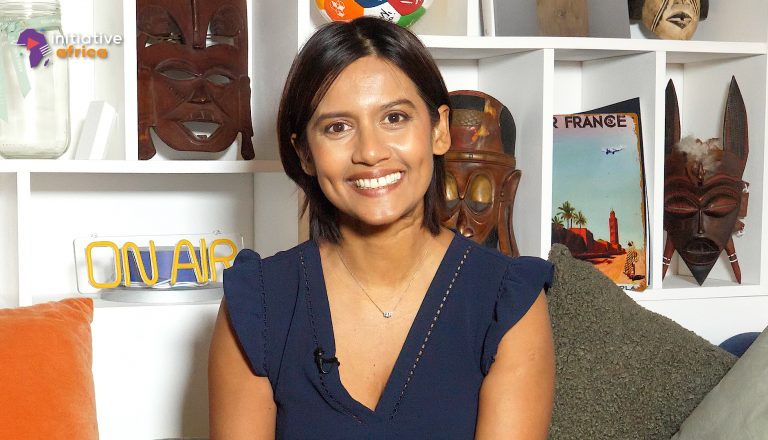
Eric Armel N'Doumba, President of the African Centre for Artificial Intelligence Research, is working to close the digital skills gap on the African continent and enable Africa to make a big leap forward in all these emerging technologies. Artificial intelligence and Big Data are constantly developing on the African continent. Diving into the digital transformation of Cameroon, initiated by the Bensearch Solutions Conference. Herders in the Sahel are prioritising the health of their herds, which is essential to their profitability.
See the retranscription